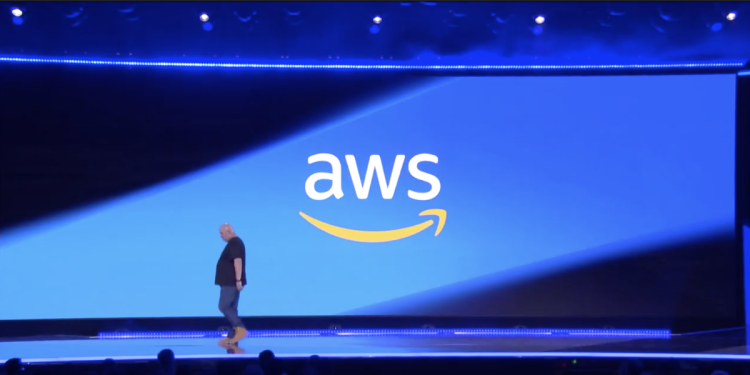During the first of several keynote addresses at re:Invent 2019 in Las Vegas, Amazon Web Services (AWS) — Amazon’s cloud computing division — announced S3 Access Points, a Simple Storage Service (S3) offering intended to “radically simplify” access management for apps using shared services.
S3 Access Points locks down access for Amazon’s Virtual Private Cloud, Amazon’s service that supports the provisioning of logically isolated sections of the AWS cloud. With Access Points, AWS customers can assign different access policies to each application, providing customized paths into buckets with unique hostnames and permissions that admins define.
A bucket can have multiple access points, and each access point gets its own AWS Identity and Access Management (IAM) policy. And because those access points have unique DNS names, it’s possible to address them with any names that are unique within a given AWS account and region.
“Now, when you have to think about deciding who should have access what data, and only that amount of data, it makes it so much easier,” said AWS CEO Andy Jassy onstage during a keynote address this morning. “You don’t have to layer on thousands on top of that one button you can assign different access to each application scales much better your way through your stakes.”
June 5th: The AI Audit in NYC
Join us next week in NYC to engage with top executive leaders, delving into strategies for auditing AI models to ensure fairness, optimal performance, and ethical compliance across diverse organizations. Secure your attendance for this exclusive invite-only event.
Alongside S3 Access Points, Amazon detailed Graviton2, a 64-bit, 7-nanometer Arm system-on-chip optimized for cloud-native applications by AWS. It packs over 30 million transistors, which compares to the 39.5 million transistors that make up AMD’s Epyc Rome. And it’s been tested in AWS services like Amazon Elastic Load Balancing, Amazon ElastiCache, and Amazon Elastic Map Reduce, all of which will incorporate the chip by 2020.
Amazon’s new M6g, R6g, and C6g instances are powered by Amazon Garviton2, and offer up to 64 virtual CPUs (VCPUs), 25Gbps of enhanced networking, 18Gbps of bandwidth. That works out to four times the compute cores, five times the memory, and 7 times the performance overall of the instances they replace. Moreover, Amazon claims that Graviton2 offers 40% better performance over comparable x86-based cloud instances for 20% less.
That’s not all Amazon announced this week at re:Invent 2019. It took the wraps off of DeepComposer, an AI-enabled musical keyboard designed for developers to try their hand at either pretrained or custom models, and Transcribe Medical, a HIPAA-compliant API that integrates with voice-enabled apps and microphone-equipped devices to transcribe medical speech for primary care. Amazon also debuted AWS Braket, a service that lets customers experiment with a range of quantum computing hardware, in preview. And the company announced the AWS Center for Quantum Computing, a new laboratory to be established at Caltech with the goal of “boosting innovation in science and industry.”


